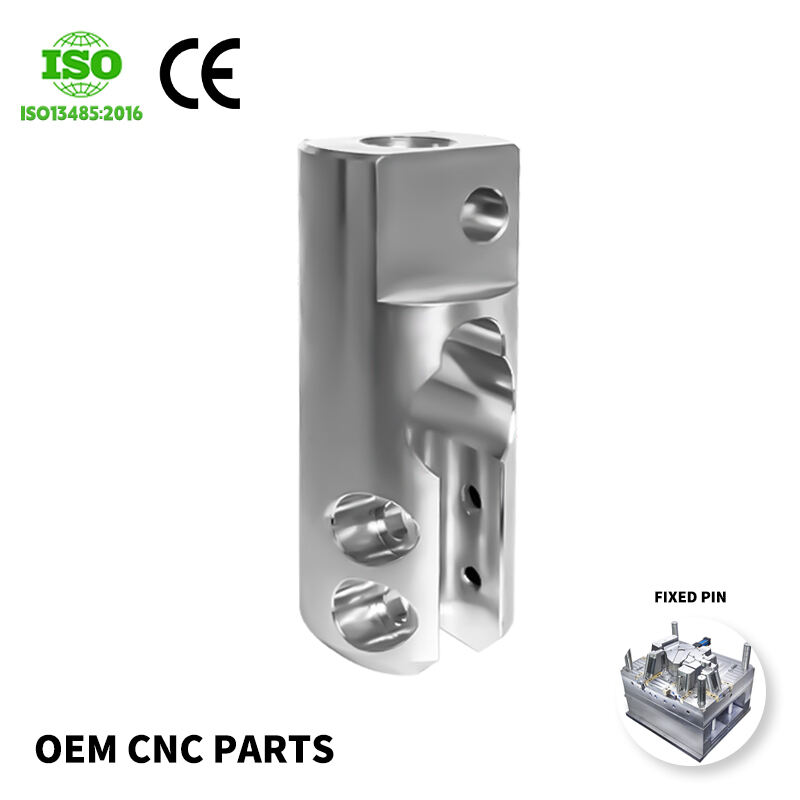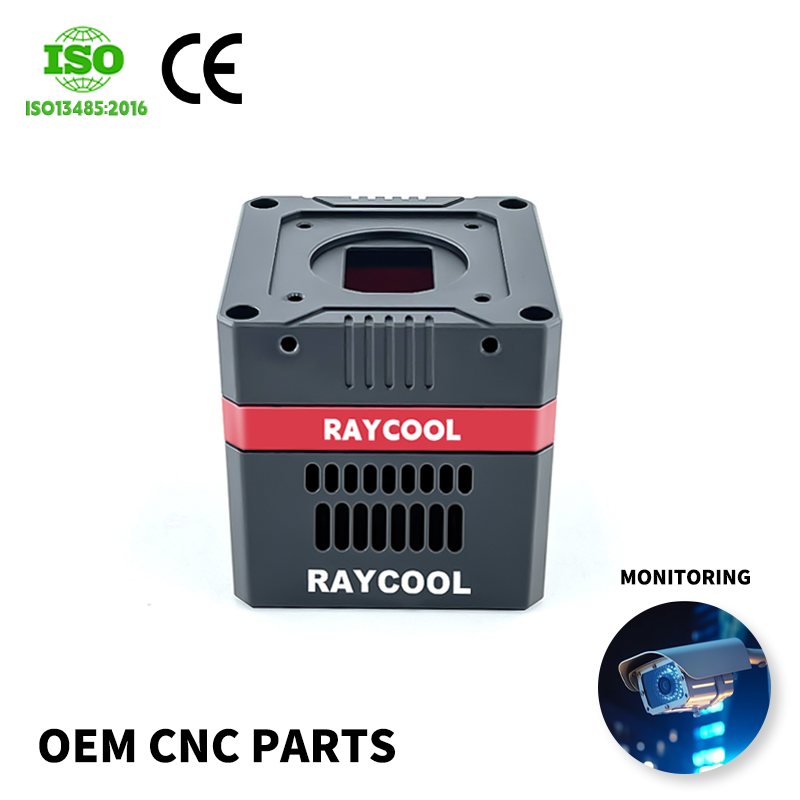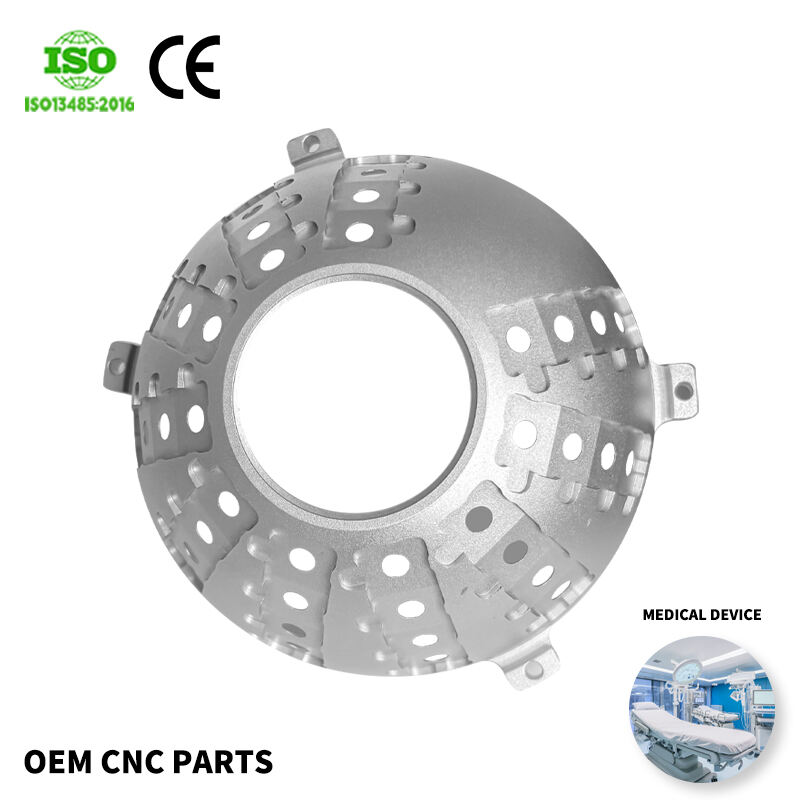cnc mechanical engineering
CNC mechanical engineering represents a revolutionary advancement in manufacturing technology, combining precision engineering with computer-controlled automation. This sophisticated field integrates Computer Numerical Control (CNC) systems with traditional mechanical engineering principles to create highly accurate and repeatable manufacturing processes. At its core, CNC mechanical engineering involves the use of programmed commands to control machine tools, enabling the precise fabrication of complex parts and components. These systems utilize advanced software to translate design specifications into detailed machine instructions, controlling various parameters such as cutting speed, feed rate, and tool positioning. The technology encompasses a wide range of applications, from simple drilling operations to complex multi-axis machining centers capable of producing intricate components. Modern CNC systems incorporate advanced features such as real-time monitoring, adaptive control systems, and integrated quality control measures, ensuring consistent production quality. The field has revolutionized industrial manufacturing by enabling rapid prototyping, mass customization, and highly efficient production processes, while significantly reducing human error and improving workplace safety.



